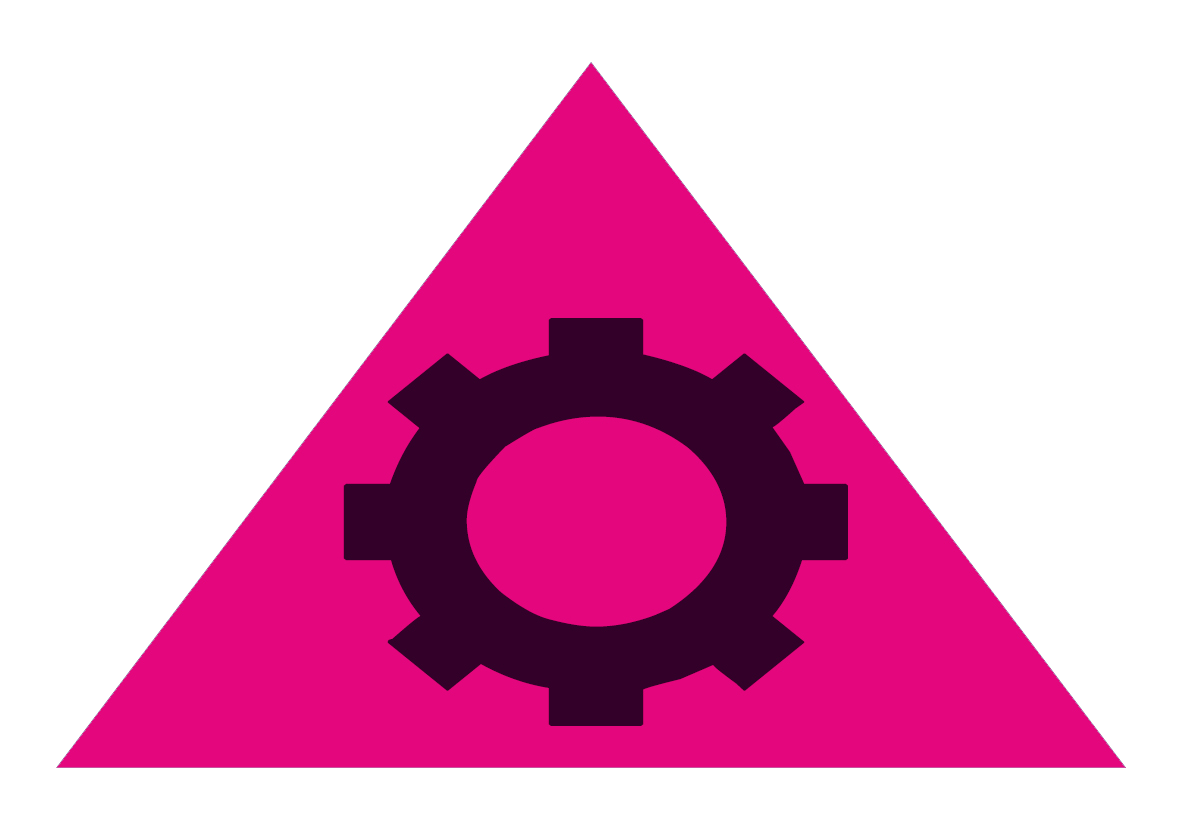No guts, no glory
1. A dream job in trade show construction.
Anyone who knows me is aware of my not so enthusiastic appearance. I sometimes make an apathetic impression. Those who know me well enough are aware of this illusion. However, my inner self is subject to all kinds of emotions. I can get carried away by a painting. I can lose myself and become one with nature. Some music moves me deeply and I can really enjoy encounters with people, especially when they feel like sharing their experiences from another perspective than mine.
In this way I am also passionate about my job. To me the metier of stand construction is the most beautiful of them all. The challenges involved in my job keep intriguing me. From a moral duty I sense the urge to do more than just passively watching how the sector is evolving and then decide which role to play.
2. The continued relevance of trade shows
Sometimes I am in doubt. Is there really an appropriate answer to the digital disruptions? Or am I missing the point of it?
Nonetheless I end up being optimistic and look forward to the future.
A fair, as a medium, is nowadays strong enough to face the digital era. Besides machine-to-machine communication there is, more than ever, a need to direct communication: from human to human. Despite the digitalization, personal contact has become a rare commodity. As something becomes scarce, it increases in value. This is also the case in a business environment. Personal contact remains the purest form of social media, the most honest and direct way of interpersonal interaction.
Although a fair, in general, needs to undergo a well-thought-out transformation, we should keep cherishing its interactive way of communication and the irreplaceable intrinsic value that comes with it. We need to find a new balance between the wide range of products and services, relevant content and the meeting experience. Therefore we should also embrace the digital world, rather than seeing it as an enemy.
The sector will have to adjust accordingly since it is facing major changes. Even the concept of a “fair” has to be reassessed. The format is subject to constant reinvention. Moreover, all parties involved (organisers, suppliers, exhibitors) will have to reset their mind-set. The only one who can stick to his habit is called the visitor. Make no mistake; everything has to be adjusted according to their needs. The reason fairs are set up is to respond to a certain need, not just to find buyers for your products or services. This goes beyond mere product range.
It is a matter of creating decent content, providing an overall experience and exchanging this experience. It is about sustainability and social responsibility in the context of “who or what is behind the product or service?” About honesty: “in what way is something manipulated or photoshopped? But in the end, the ultimate question is: What’s in it for me? How can I benefit from the product? Is it going to meet my needs?
Although I might be dealing with a fabulous product, I should ask myself: “Is it really useful to me?” The best way to weigh up its (dis)advantages is by looking, feeling, hearing and tasting your product. Or by receiving a direct answer of the provider in a face-to-face conversation. By meeting people in real life, sharing their experiences and looking for concrete answers to your questions. Or when you can experience the ease of use yourself and so the result becomes tangible.
These thoughts make me happy. Even if I have to work until 80, as long as my mental condition allows me to, I am quite confident that the business of trade show construction will still exist. As long as I do not fail to see what is happening around me, I am sure that I can still be of any help.
3. Are we willing to share our insights?
Some pioneers are searching for new answers, which can be found by organisers, suppliers and exhibitors. Each in their own field and based on their frame of reference. This is exactly what slows us down and even blocks profound innovation. We need to get out of our frame of reference. We should share our insights and verify its relevance among each other. Maybe we should consult the clients and let them share their thoughts. Or enrich ourselves through insights outside stand construction… a combination of all these different approaches might get us there.
4. No guts, no glory
No longer should we look on from the sidelines, but contribute actively to the transition process. I am aware of my own limits, though I would like to share my insights. I have no monopoly on the truth, so I am willing to take risks. I might make a mistake by writing these blog posts and so reveal more than I should do. Since primary school I have been often (too) cautious because I did not want my reputation to get ruined. Consequently, I have lost opportunities to gain deeper insights. So now I have learned my lesson: “no guts, no glory”. I am convinced that I am not the only one willing to face challenges with this attitude. People from inside or outside the sector who also dare to take risks, who also dare to proclaim their vision, but above all who dare to actively engage in dialogue with an open mind-set.

